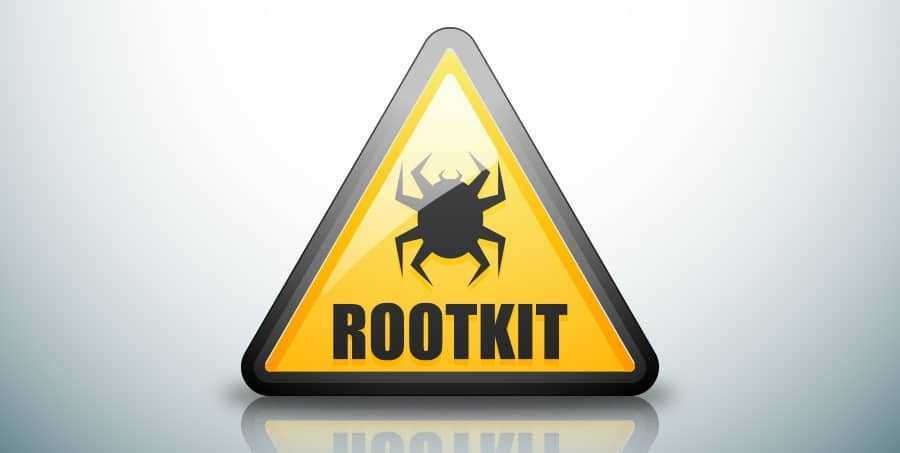TDSSKiller is one utility created by Kaspersky Labs to remove the TDSS rootkit. This rootkit is known by many other names such as Rootkit.Win32.TDSS, Tidserv, TDSServ, and Alureon.
But in addition to all the above, the TDSSKiller utility will try to remove other rootkits, if it finds them in the system, such as the ZeroAccess rootkit.
If you do not know what rootkit is it is malware designed to hide itself or other infections on your computer. These types of programs are usually more difficult to remove than conventional protection applications, which is why standalone utilities such as Kaspersky's TDSSKiller are being developed.
Way of use
TDSSKiller from Kaspersky Labs can be downloaded as an EXE file or as a ZIP file containing the executable file. If you want to use the program directly, download the EXE directly. Try downloading the ZIP if your computer software does not allow executable files to be downloaded immediately.
It is important to mention that many rootkits recognize the name of the TDSSKiller executable and terminate it if you try to run it on an infected computer. Therefore, after downloading or export of the executable from the ZIP, you should rename it to whatever name you want (iguru.exe) so that it can bypass the protection routines used by rootkits.
Key Features
Detects and removes the Rootkit.Win32.TDSS family of malware, bootkits, and rootkits
It has a Graphical User Interface for easy use.
It can run in Normal and Safe Mode
It supports functions of 32 and 64-bit
More information and downloading the app
____________________________





